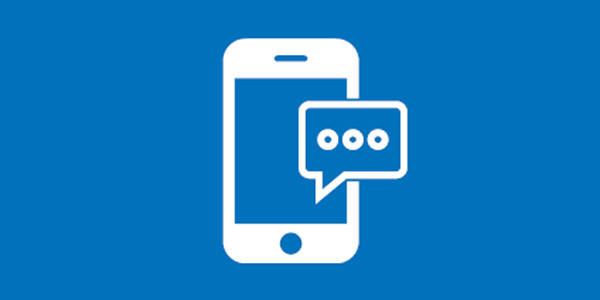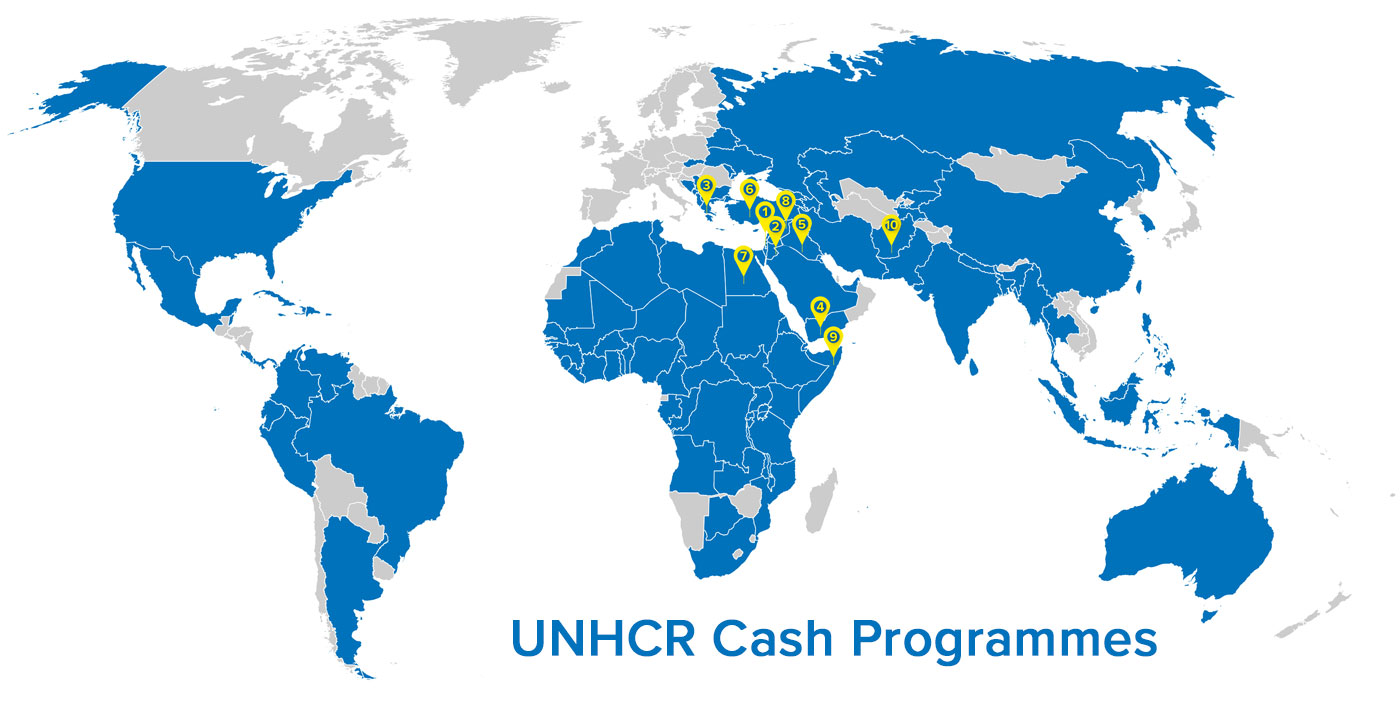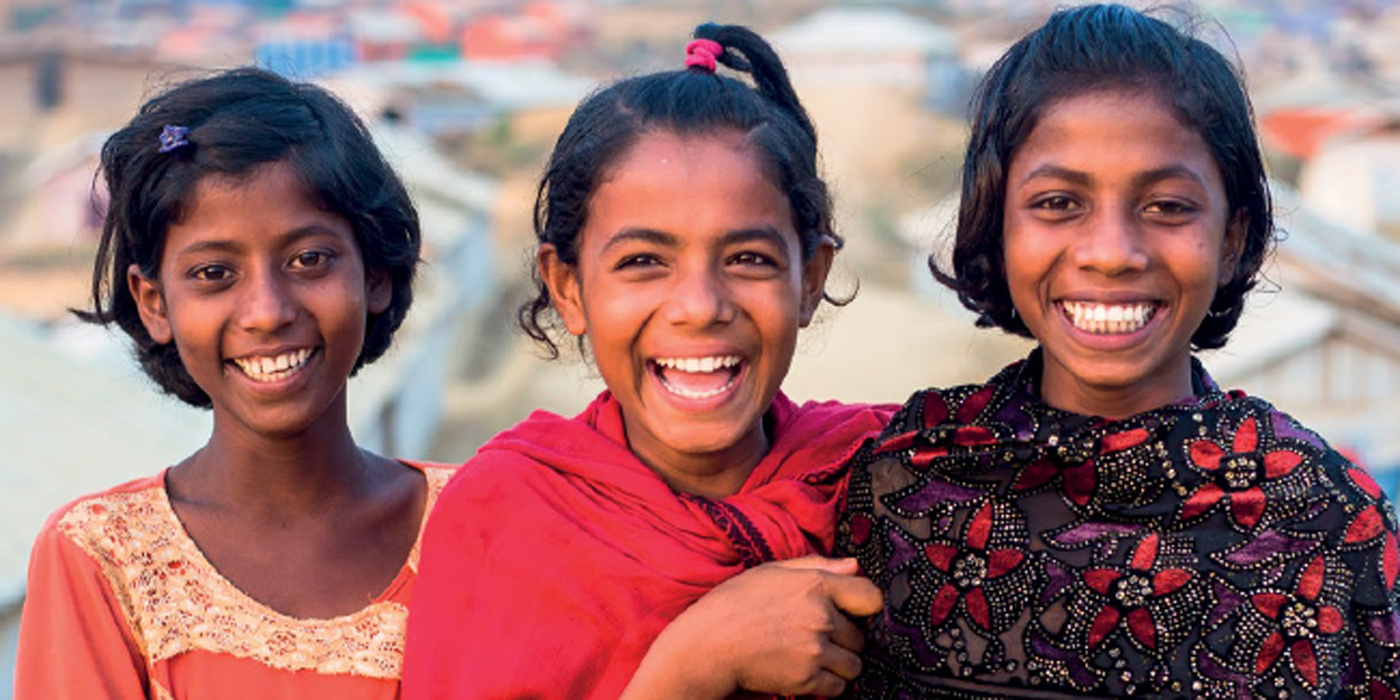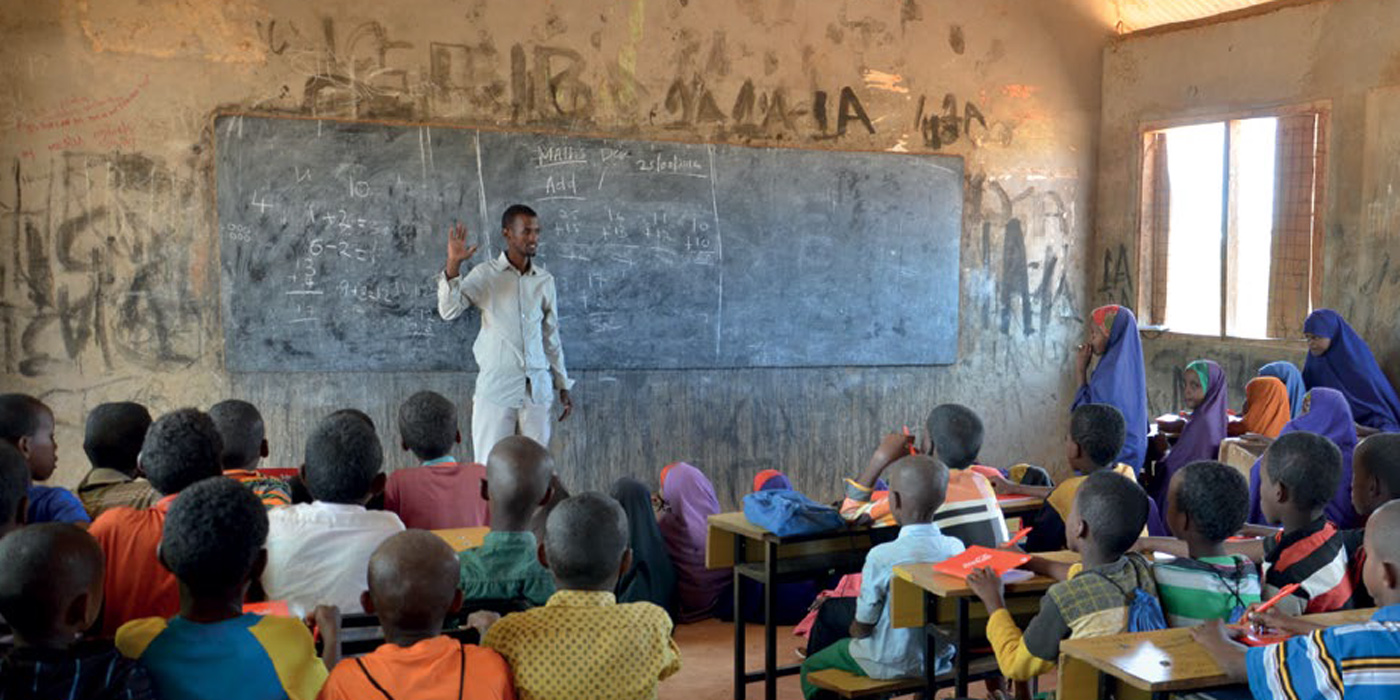Cash assistance makes the displaced less likely to resort to harmful coping strategies, such as survival sex, child labour, family separation and forced marriage. They also directly benefit the local economy and can contribute to peaceful coexistence with host communities.
Since 2016, the programme has helped more than 20 million people in above 100 countries to build or improve homes, pay their rent, buy medicine, pay off debts or even start a business, among other activities.
An example of how cash assistance works at Jordan:

1) Refugees are registered and iris scans captured.

2) Donors provide funding. Home visits are conducted by UNHCR staff to assess vulnerability.

3) The most vulnerable families are selected for Cash Assistance.

4) Text messages inform beneficiaries when the cash is available for withdrawal.

5) No card. No pin.
Beneficiaries are indentified by their iris to reduce fraud and withdraw money from an ATM.

6) UNHCR conducts post-distribution surveys to measure the impact of Cash Assistance.
Where your money goes*.

HK$93 out of every HK$100 donated goes directly to refugee families.
Cash assistance restores a sense of normalcy and independence allowing
families to choose where they spend their money.
Key documents
- UNHCR Fact Sheet on Cash-Based Assistance 2018
- Policy on Cash-Based Interventions
- UNHCR Strategy for the Institutionalisation of Cash-Based Interventions 2016-2020
- UNHCR Operational Guidelines for Cash-Based Interventions in Displacement Settings
- Basic Needs Approach in the Refugee Response
- Statement from the Principals of OCHA, UNHCR, WFP and UNICEF on Cash Assistance







